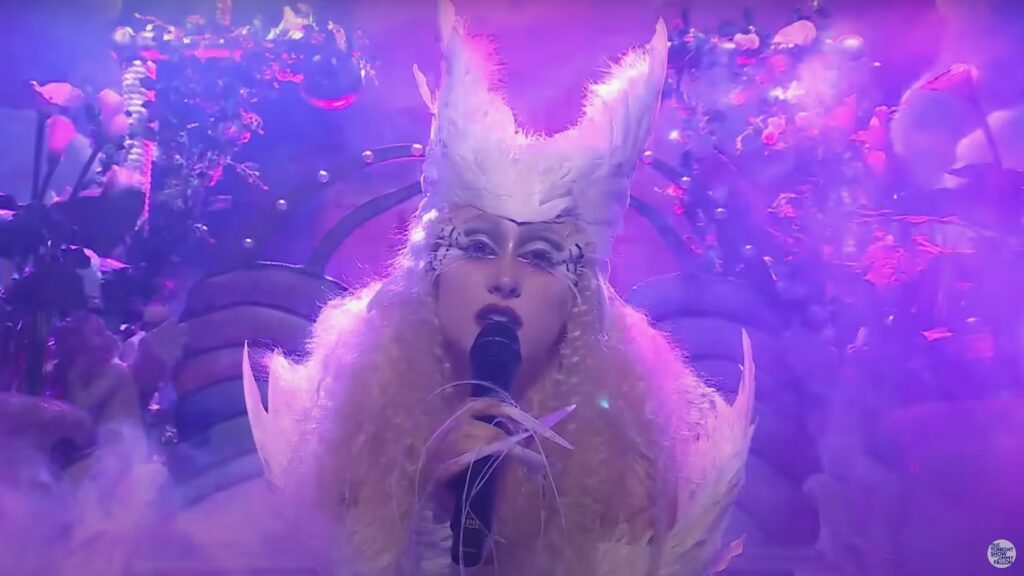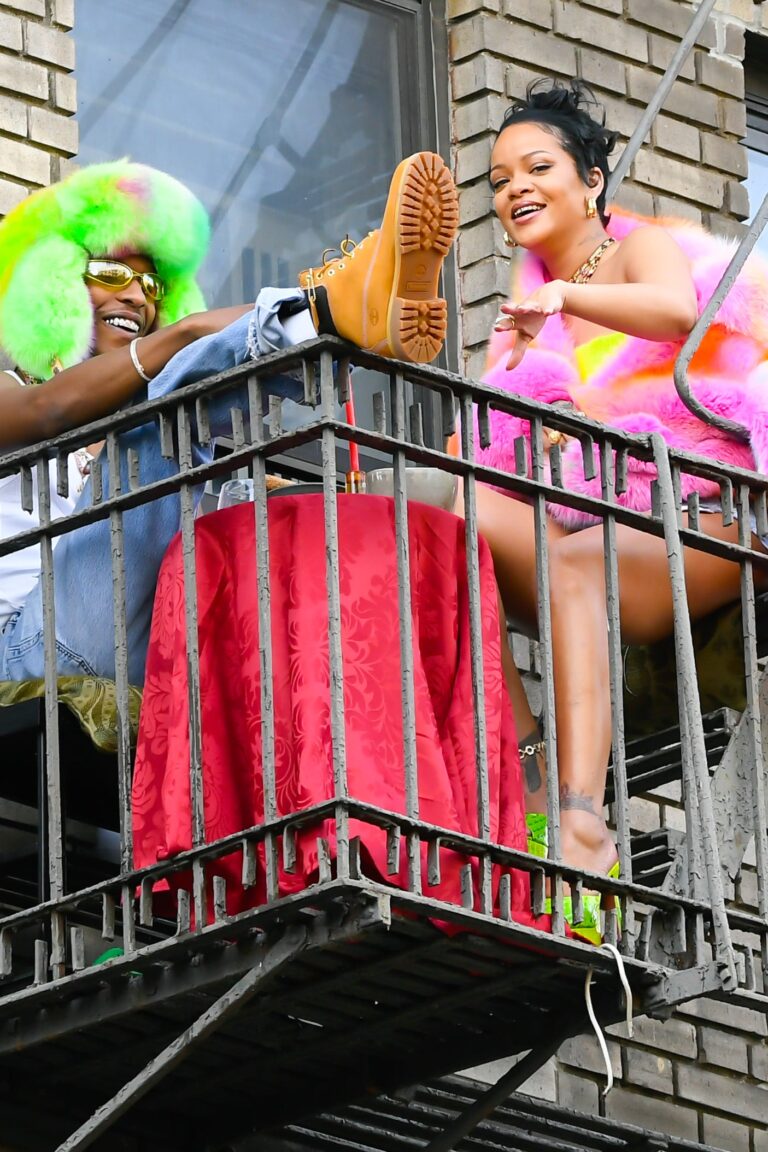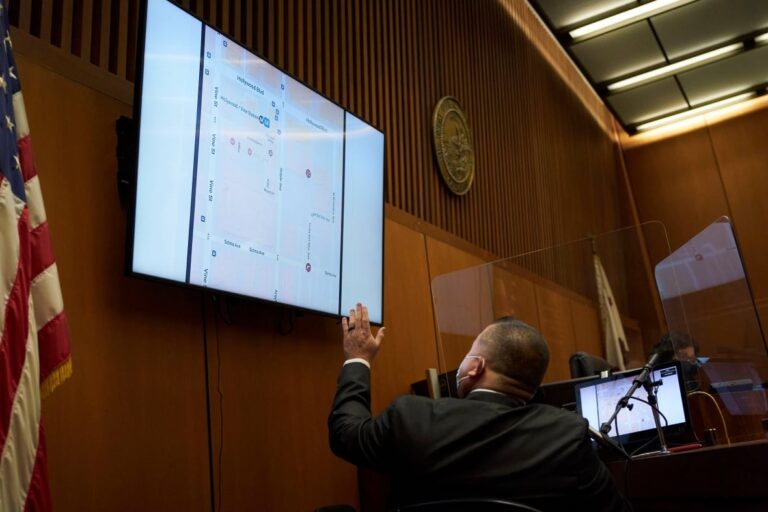
Screenshot
Audience
- Sentiment: Positive
- Political Group: Progressive
- Age Group: 18-34
- Gender: Female
Overview
- Chappell Roan called out major music labels for unfair practices affecting new artists during her Grammy speech.
- Her stand has sparked a movement for better treatment and fair compensation for musicians.
- The dialogue encourages reflection on the flaws in the traditional music industry model and advocates for community support among artists.
Chappell Roan’s Powerful Stand: A Turning Point for New Artists in the Music Industry
In recent months, a fierce discussion erupted in the music world surrounding artists’ rights and the way they are treated by big record labels. At the center of this whirlwind is Chappell Roan, a rising star known for her vibrant music and charismatic stage presence. While many fans admire her for her talent, it was her impactful speech during the Grammy Awards that really got people talking. In that moment, she fearlessly called out major music labels for unfair practices that hurt new artists. Her remarks ignited a chain reaction, leading to heated debates among executives, artists, and fans alike about what needs to change in the industry.
The Grammy Moment
Imagine standing in front of millions at the Grammy Awards, a night celebrating the biggest names in music. You have the chance to speak to your peers and the entire world about the challenges faced by many who are trying to make a name for themselves in an industry filled with competition and pressure. Chappell Roan took that opportunity to deliver a powerful message. She discussed the unfair treatment of new artists, focusing on issues like low wages and lack of health care.
Roan advocated for fair compensation for musicians, emphasizing that these artists pour their hearts and souls into their music while often receiving little support from the labels that profit from their work. Her speech resonated with many, sparking conversations that went beyond the star-studded event and into everyday discussions among music lovers and industry insiders.
The Criticism and Challenge
However, not everyone was on her side. Jeff Rabhan, a music industry executive, took aim at Roan in an essay, accusing her of being naïve for her views. He suggested that her comments might be too simplistic to solve the complex problems faced by new artists. Instead of shrinking back, Roan responded strongly, challenging Rabhan to match her $25,000 donation to support struggling musicians.
This wasn’t just a monetary challenge; it was a bold and confident stand against the criticism she faced. By reaching out to others in the music community, she illustrated her commitment to change and her willingness to put her money where her mouth is. Roan’s challenge soon went viral, capturing the attention of fans and fellow artists who supported her message.
Artists Supporting Artists
Once Chappell Roan threw down the gauntlet, many voices in the music industry began to rally behind her. One prominent supporter was Kay Hanley, a songwriter who has faced her own battles in the music world. Hanley praised Roan for her bold stance and encouraged the industry to rethink its practices. She echoed Roan’s message, emphasizing that fairness and better treatment for all artists should be a priority.
With artists engaging in this dialogue, it’s evident why Roan’s speech was so impactful. Her courage to speak up has inspired others to do the same, showcasing how music can be a platform for fighting against injustices. This is important because many fans may not realize the struggles behind the scenes of their favorite musicians. When you’re listening to a catchy song or watching a music video, it’s easy to forget the hard work that goes into creating that art and the financial challenges that often accompany it.
The Bigger Picture
The conversation sparked by Chappell Roan’s speech isn’t just about one artist standing up for herself; it’s about a much larger movement within the music industry. Artists and industry professionals are beginning to recognize that the traditional model of music distribution and artist support is flawed.
For years, major record labels have been criticized for their lack of transparency and accountability when it comes to profit-sharing and artist contracts. New artists often sign agreements that leave them with little control over their music or financial rewards. Many find themselves stuck in a cycle of debt, where they work endlessly to promote their work while barely scraping by financially.
This conversation encourages everyone—artists, music lovers, and industry insiders—to reflect on the current systems in place. It calls into question whether big labels are truly supporting the artists they sign, or if they are merely milking profits from their hard work without offering the resources they need to thrive.
Moving Forward
In recent years, there has been a growing push for change. A number of musicians and songwriters have started advocating for better contracts, fair wages, and healthcare benefits for all artists. Thanks to the internet and social media, new artists can now build their own following without the backing of a major label. Platforms like Spotify, YouTube, and TikTok allow them to share their music directly with fans, reducing the power of traditional gatekeepers.
This shift is exciting, but it also comes with challenges. While independent artists may have more freedom, they often lack the financial support and marketing resources that established labels provide. This dilemma highlights the importance of community and collaboration among artists. With more musicians advocating for one another, they can help create an environment where everyone has the chance to succeed.
Conclusion: A Call to Action
Chappell Roan’s story reminds us of the importance of standing up for what we believe in, even when faced with criticism. It takes courage to challenge the status quo, especially in an industry as competitive as music. But Roan’s willingness to speak out has sparked a debate that could lead to meaningful changes for artists everywhere.
As we continue to follow this unfolding dialogue, we should think about our own roles as listeners and supporters of music. Each time we buy an album, attend a concert, or stream a song, we contribute to the music economy. Our choices matter more than we might realize. How we support our favorite artists can help determine if they succeed or struggle.
So, what do you think? Do you believe that artists deserve better treatment in the industry? Should labels change their practices to support new musicians? Share your thoughts in the comments below!






